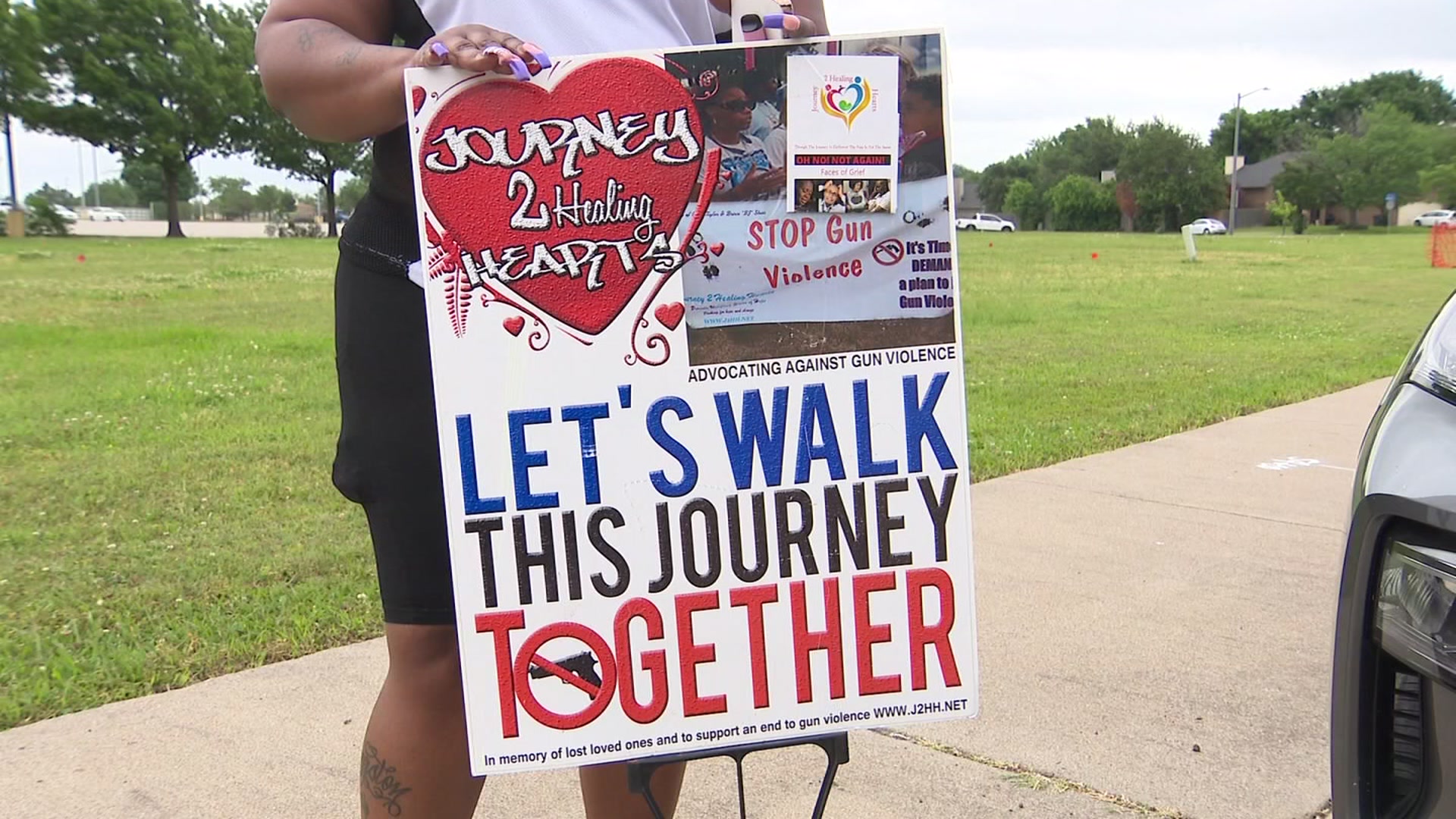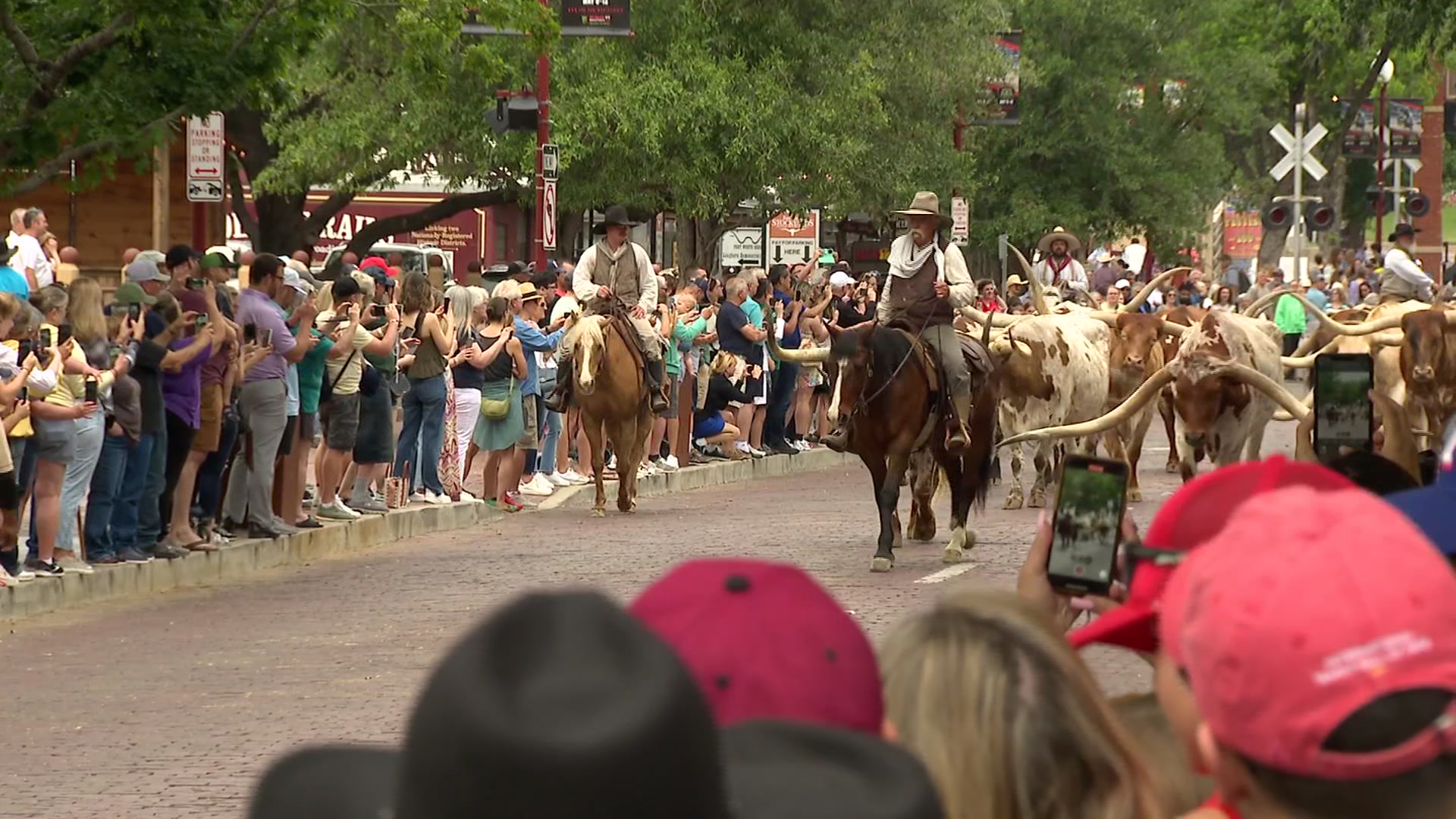The U.S. Supreme Court on Monday declined to review the case of a former Army recruiter convicted of murdering a Sudanese woman almost nine years ago in Fort Worth and sentenced to die.
Cleve Foster is scheduled for lethal injection on Jan. 11 for the abduction, rape and shooting death of Nyaneur "Mary" Pal on Valentine's Day 2002.
The high court rejected Foster's appeal without comment.
Foster, 47, insists he's innocent. He was one of two men sentenced to die for the 28-year-old woman's slaying. DNA tests tied both Foster and his roommate, Sheldon Ward, to Pal's death, though Ward tried to accept sole responsibility for the killing. Ward, 30, was also convicted of murdering Pal, and died of cancer in May while on death row.
Pal and the two men were regulars at a Fort Worth bar and pool hall. A bartender testified he saw Pal talking with the men after the place closed about 2 a.m. and she then drove off in her car, which was followed closely by Ward and Foster in Foster's truck. About eight hours later, construction workers found the body of Pal, nude and shot in the head, in a ditch in Tarrant County.
Police focused on the two men after learning they had been with her the previous night. Evidence showed a bullet recovered from the slain woman came from a gun detectives retrieved from the motel room the men shared.
Clint Broden, an attorney for Foster, said Monday that he hopes to obtain money for an expert to raise an additional appeal and try to keep Foster from the death chamber. A federal judge already has denied the funding request and Broden was seeking a rehearing on his request.
Local
The latest news from around North Texas.
Foster's earlier appeals, rejected by lower federal courts, argued his trial lawyers were deficient by not putting into evidence a number of records, including his military records, and evidence of abuse and neglect he suffered as a child.
Lower courts said Foster's trial attorneys made a strategic choice about his military records because they included allegations he gave alcohol to underage students as a recruiter and had sex with an underage potential recruit. The allegations prompted court-martial proceedings to be instituted against Foster, who was denied the opportunity to re-enlist in the service.
Foster's execution would be the first of 2011 in Texas, the nation's busiest capital punishment state. Seventeen prisoners were put to death in 2010, the fewest since 17 inmates were executed in 2001.
Texas Department of Criminal Justice statistics show nine people arrived on death row in 2010, two fewer than last year.
A year-end report Monday from the Austin-based Texas Coalition to Abolish the Death Penalty said juries in three Texas capital murder trials this year decided life without parole over a death sentence, bringing to 12 the number of cases in the past three years where the life-without-parole option was the result following deliberations.
"The continued decline in new death sentences shows that jurors and prosecutors in Texas are seeking other ways to address violent crime," Kristin Houle, the organization's executive director, said.
Wrongful convictions and questions raised about past death penalty cases show the system is "broken beyond repair," she said.



